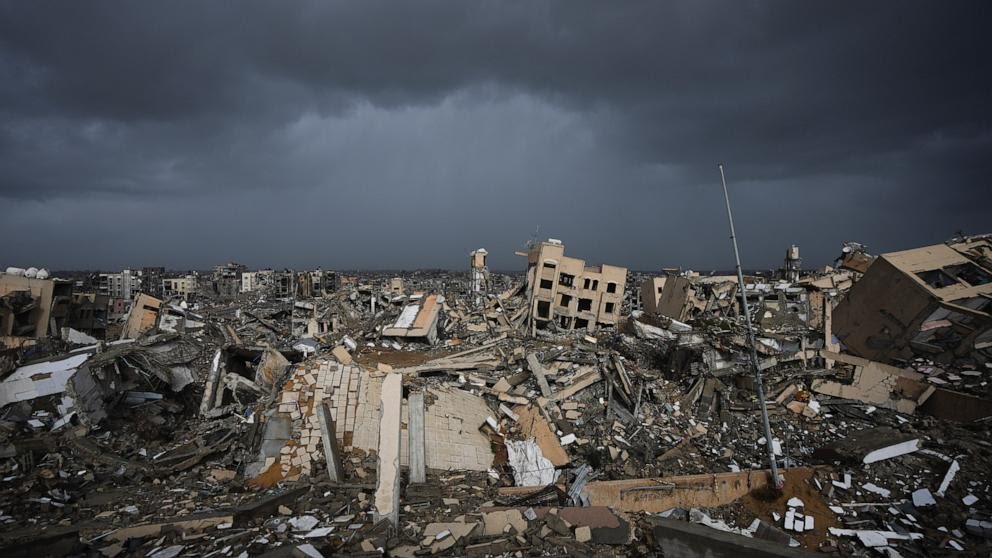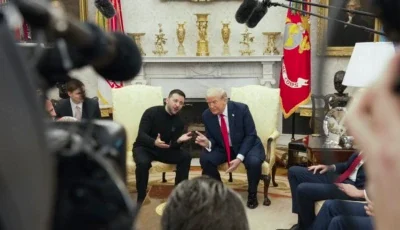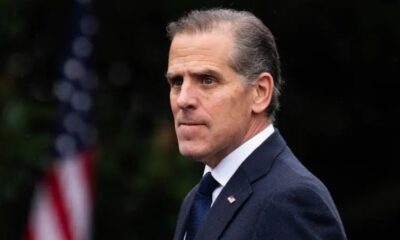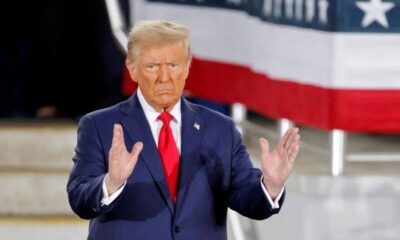NEWS
Trump 2nd Term Live Updates: ‘No Soldiers’ from US Needed in Gaza ‘Take Over,’ Trump Says.

In a bold statement during a speech on February 6, 2025, former President Donald Trump outlined his vision for Gaza’s future, suggesting that the United States would play a leading role in the region after the conclusion of the ongoing conflict. He emphasized that the U.S. would take control of Gaza, but without deploying American soldiers to oversee the transition.
Trump’s proposal suggests that, after the war, Israel would transfer Gaza to U.S. oversight, focusing on rebuilding and modernizing the region into safer, more livable communities for Palestinians. While he stressed that American military presence would not be necessary, the plan has been met with widespread criticism from international observers and governments alike, with many questioning its legality and the potential humanitarian impact on Palestinians.
Critics argue that Trump’s plan amounts to a form of “ethnic cleansing,” predicting that the proposal could lead to the forced displacement of Palestinians from Gaza. Human rights organizations have voiced their concerns, highlighting the risks to civilians and the potential for further instability in an already volatile region.
Despite these concerns, Israel’s Defense Minister, Israel Katz, has instructed the Israeli military to begin preparations for the potential relocation of Palestinian populations from Gaza. This aligns with Trump’s vision, further complicating an already delicate situation.
The plan has also drawn strong objections from neighboring countries, particularly Egypt and Jordan, who have warned that such actions could destabilize the region. Both nations argue that the proposed move could undermine existing peace agreements and deepen tensions within the Middle East.
As discussions and debates surrounding Trump’s plan continue, the international community watches closely. The proposal marks a significant shift in U.S. foreign policy and raises serious questions about the future of Gaza and the broader Israeli-Palestinian conflict.




















